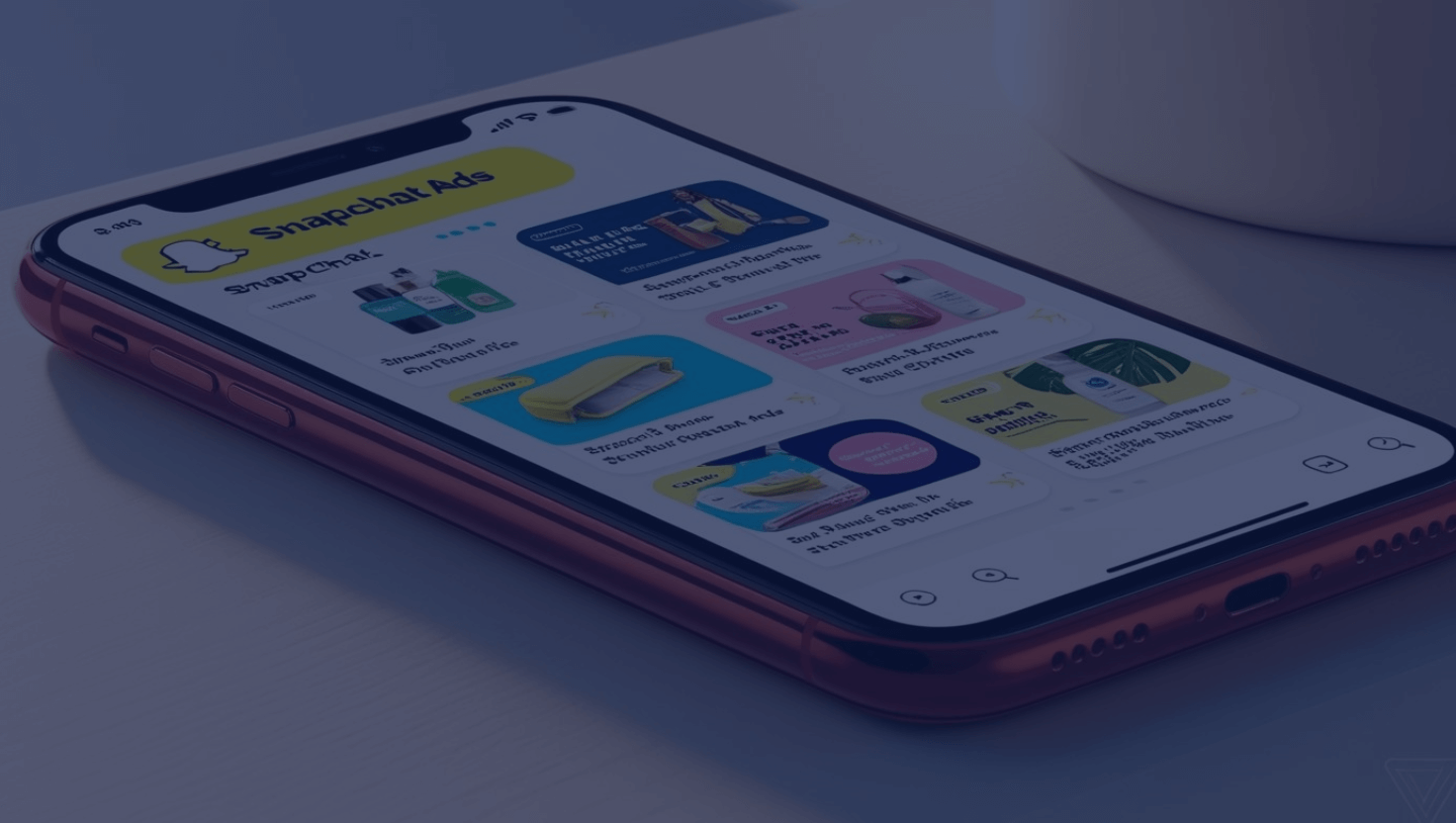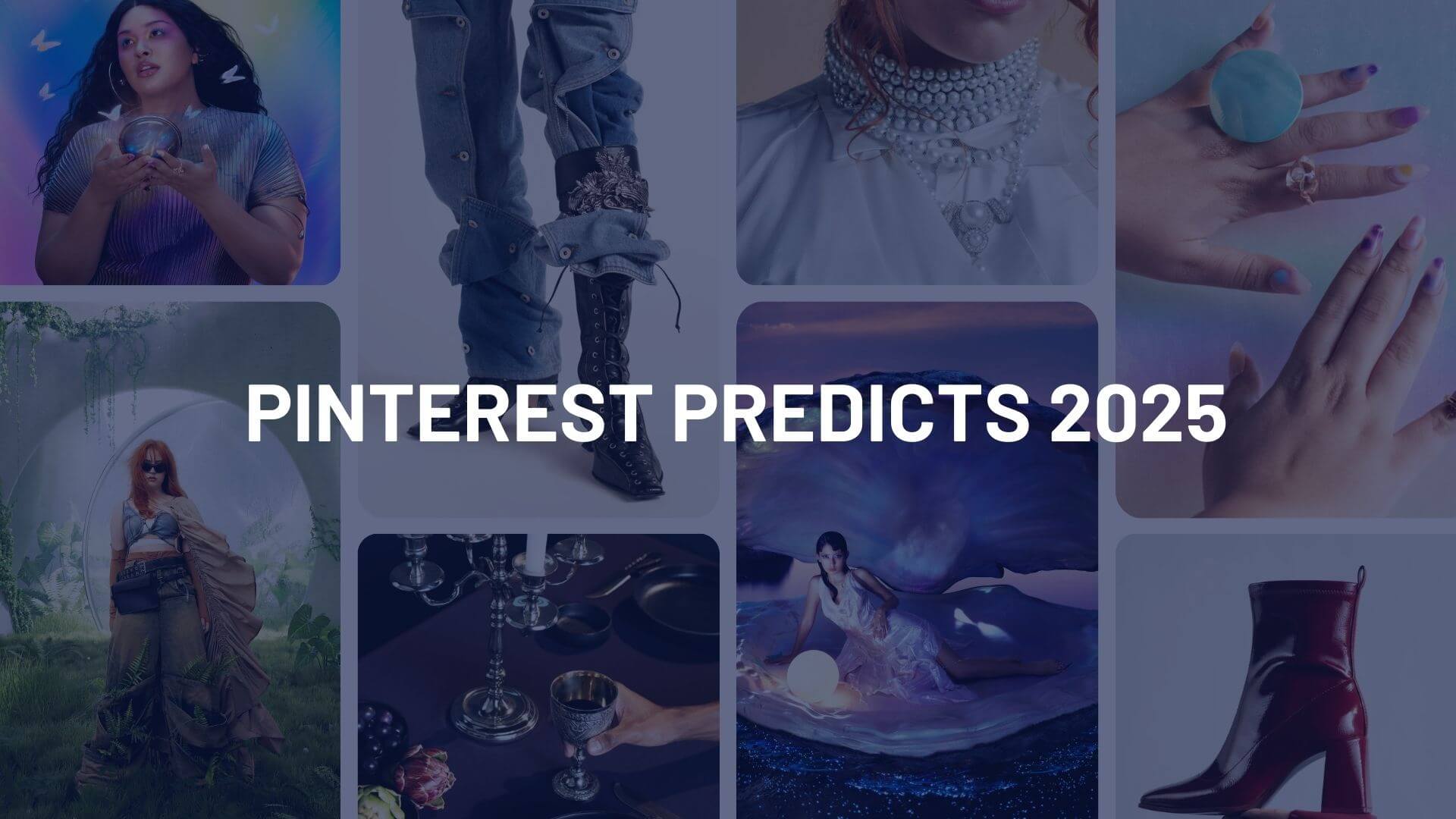Facebook recently announced that they would be shifting Facebook language from allowing users to “Become a Fan” of a brand or page, to being able to “Like” a page. Facebook felt that users would find this feature less intrusive and reduce the amount of commitment that a user would be making to brand. In Facebook’s initial announcement of the language switch, they noted that people were currently clicking “like” almost twice as many times as they clicked “Become a Fan” everyday thus switching to “Like” would hopefully encourage users to make more connections.
Has Facebook gone too far? Will consumers Like this switch or find it intrusive? Will they feel that their privacy has been compromised? For companies and brands, will this benefit them by increasing their connections or hinder their growth of truly engaged fans?
The switch enables users to like things throughout their daily activity. By logging into Facebook they can like brands, status updates, photos, pictures, etc. whereas before it was a different language pending on the action. By switching to “Like” users can easily engage with countless items however, will the user’s interaction want to stop after they “Like” it?
Will companies feel that the degree of loyalty from users will decrease as they are no longer labeled as “fans”? On one hand, by no longer being able to become a fan, the level of commitment decreases and users may not feel as connected to the brand. They may simply “Like” a brand but then not want to interact with it because it was just easy to “Like” it. Could this type of interaction lead to decreased activity on their brand’s page? On the flip side, by being able to “Like” a brand, users will be encouraged to engage with more than just a few select brands. Also by seeing that some of their friends “Like” the brand as well may make users feel more inclined to become involved and interact. Beyond user interaction, social media marketers are going to have to make changes as well. They will need to revisit their campaigns (web-based, print and television) and edit their copy to reflect the change.
The ability to “Like” does not stop on the Facebook website alone. f8 introduced Facebook’s plans to integrate themselves into all parts of web through Open Graph; bringing the ability to “like” to the websites you interact with on a daily basis. As Facebook starts to become seamlessly integrated across the web, interaction and sentiment towards the site will undoubtedly shift. This could either make the web feel cluttered by Facebook calls to action or create a feel of open networking.
So as a consumer/marketer/brand/user, do you like it?






